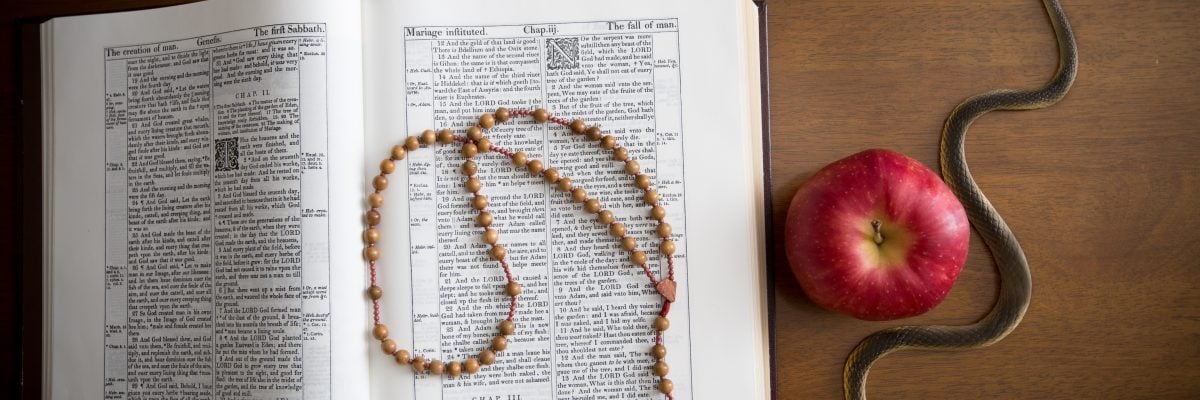R
Richca
Guest
Ok, I get it.Ah. I misunderstood. Now I understand.
Although I still don’t agree, of course.
Thank you.Hugh_Farey - in reply to a post I made in another thread:
You have yourself explained an excellent “theology of creation” which I have much appreciated.
Ok, of course, I don’t agree with this interpretation of Scripture. My interpretation of Genesis 1-2 confirmed by other texts of the Bible and essentially the entire Tradition of the Church, is a description of how the world and its various phenomena and distinction of creatures came to be, namely, by God himself creating them.Hugh_Farey:
You ask “Is there some theological or other reason why the world and the distinction of creatures should not be so divided?” and the answer is certainly no. But theology is not a description of what actually happened. That is our point.
I believe this ‘reducing Creation to a single principle,’ the god particle, is in the imagination of the scientists. As I had noted quoting from the first of the 24 Thomistic theses, any creature created by God is necessarily a composite of potency and act and other compositions. Pure act belongs to God alone. This is one of those logical contradictions in discussing God’s omnipotence. God cannot create himself. Accordingly, the corporeal universe or any creature cannot be reduced to a single principle if that is what the singularity of the Big Bang means. As I also mentioned, the nature of the pure spirits of the angels themselves involve a few compositions and distinction of principles and operations.Hugh_Farey:
I think this is confused. Firstly, we scientists don’t “want” anything in particular; we go where the observations take us. But secondly, in ‘reducing Creation to a single principle’, we are merely observe an exquisite expression of the ‘kind of simplicity which belongs to God’. The piecemeal tossing together of the ingredients of a complicated salad as implied by successive creation is not a good reflection of “him alone who is absolutely simple” in my view.
Last edited:

